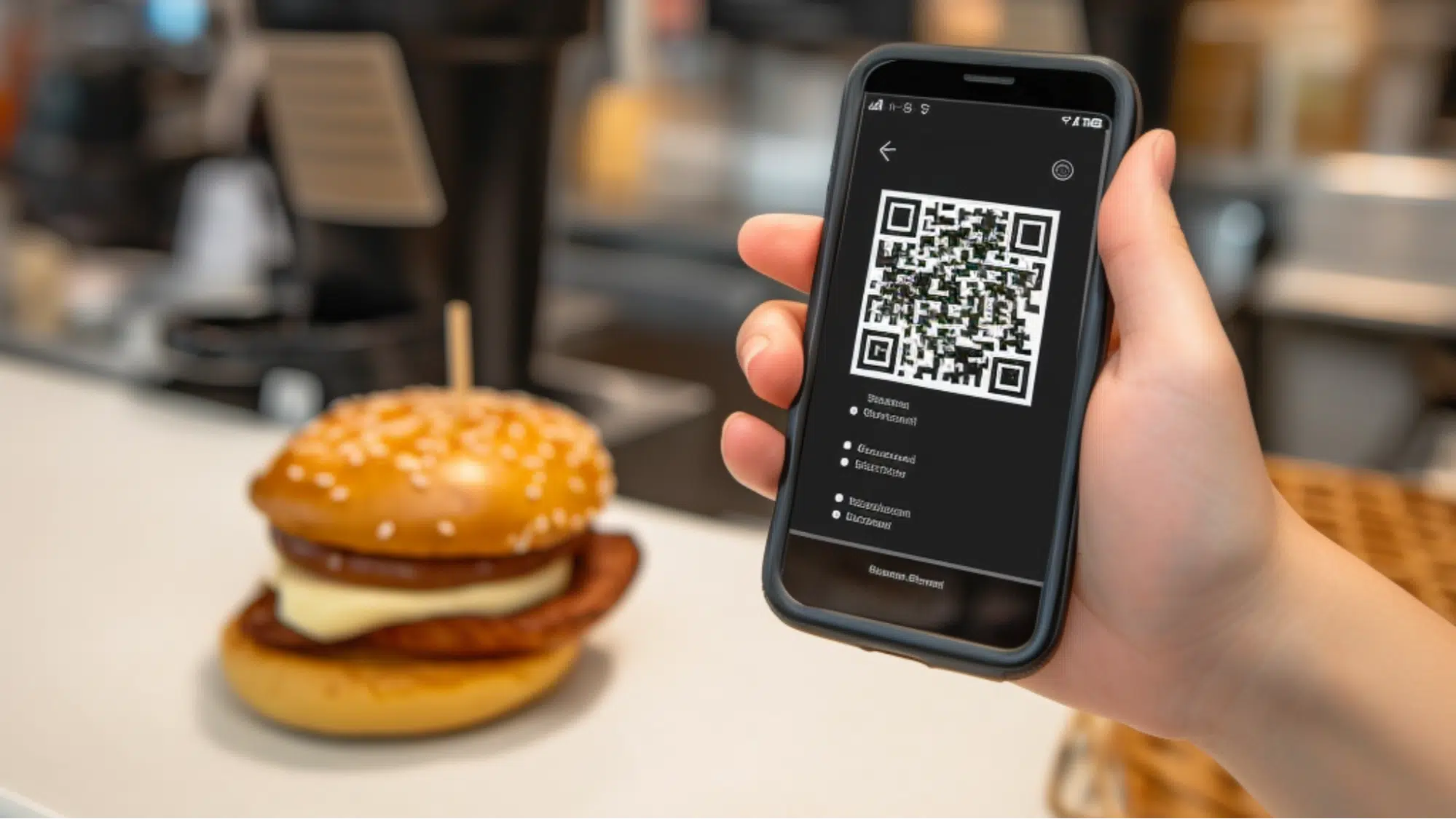Also commonly referred to as business-to-business, B2B payments occur when money changes
hands from one organization to another. Business-to-consumer or B2C payments, on the other
hand, are those that happen between a business and one (or more) of its customers.
If you buy a copy of your favorite book from the bookstore, that’s a B2C payment. If you order
15,000 pounds of raw materials from a vendor that you will eventually use to make a product of
your own, that’s a B2B payment.
But a lot of people don’t realize that what is going on behind the scenes of these types of
payment processing is every bit as interesting – and unique – as that which is happening in plain
sight. Therefore, if you really want to understand the major differences between B2B and B2C
payment processing, there are a number of important things to keep in mind.
The Intricacies of Payment Processing in Both the B2B and B2C Worlds
Ultimately, the major difference between B2B and B2C payment processing systems comes
down to how many entities are involved in each transaction. Note that this is true in both a literal
sense (meaning the number of people involved in making a purchase) and from the
technological perspective (meaning the infrastructure required to make that payment possible).
To speak to the former, there are usually multiple people involved in any B2B purchasing
decision, which is why they tend to take longer on average than their B2C counterparts. An
interested party may not have purchasing authority, meaning that they would have to collect
information and take it to a superior for further review and approval. In a B2C situation, there is
typically just one person involved in the choice of whether to make a purchase.
In terms of the technology, B2C payment processing tends to be far more straightforward than
their B2B counterparts. When a business sells directly to a person, you’re likely looking at one of
just a few different payment options, all of which are straightforward: cash, checks, or credit
cards.
B2B payments may use checks or commercial credit cards (also sometimes referred to as
purchaser cards), but you can also add in methods like ACH payments and wire transfers. ACH
payments pass through an automated clearing house network. This is the technology that
supports things like direct deposit, electronic checks, and more. Wire transfers may not be as
popular as they used to be, but they still make it easier for accounts payable and receivable
employees to keep track of large payments in a business environment.
Another way that B2B and B2C payment processing systems differ typically has to do with the
characteristics of the transactions themselves. Obviously, the average price of the goods or
services being sold tends to be significantly higher in a B2B situation than when a business is
selling directly to a consumer.
It’s All About the Customer, Whoever They May Be
Overall, B2B payment processing tends to be far more complicated than B2C scenarios – which
is why it is imperative that organizations have the payment tech to match.
Think about things even in terms of seemingly straightforward elements like the order quantity
and frequency in each situation. With a payment processing system built exclusively with B2C in
mind, it may be perfect for large numbers of individual transactions that represent what are
essentially one-off purchases.
But what happens once you expand things to not only high value, large quantity orders, but
ones that happen frequently as well? If a business is buying products or materials from a
distributor, they may need the reliability to handle large recurring orders on a regular basis. If the
payment processing technology isn’t where it needs to be, it could cause a delay in payments
which ultimately creates a negative ripple effect across the entirety of a supply chain.
That’s why options like Clover POS have become so popular with small businesses in particular.
By acting as something of a one-stop shop, they offer everything someone would need to help a
business succeed. That includes the technology needed for easier payments, tighter tracking,
and absolutely everything in between. This offers the unbeatable flexibility necessary to run your
business how you want, from virtually anywhere, with tools that are great for both B2B and B2C
entities.
The Bonita Payments Approach
At Bonita Payments, we understand how critical the right payments tech is to virtually all aspects
of your business. That’s why we are proud to offer the types of state-of-the-art payment
solutions that your business needs to thrive. It doesn’t matter what size you are or even the
industry that you’re operating in, we offer everything you need – from payment processing to
mobile and wireless functionality and beyond – to help your entrepreneurial efforts thrive.
All told, Bonita offers a custom solution for every business. One that gives you access to the
technology you need to play to the strengths that make you unique. It’s the perfect opportunity
to not only make a positive impression on your audience by way of effortless payments, but to
also use that experience to remain as competitive as possible as well.
So if you’d like to find out more information about the major differences between B2B and B2C
payment processing, or if you’re in New Orleans and would like to find a partner to take your
efforts to the next level, please don’t delay – contact us today.






